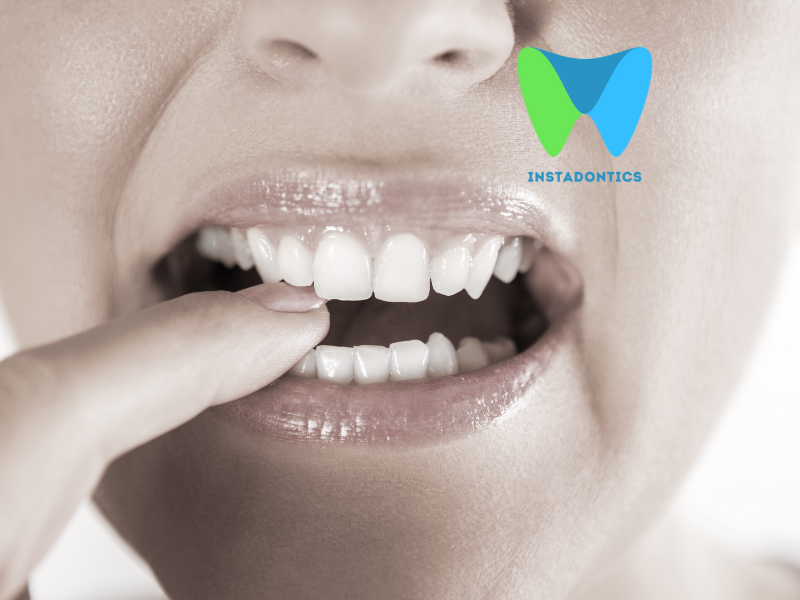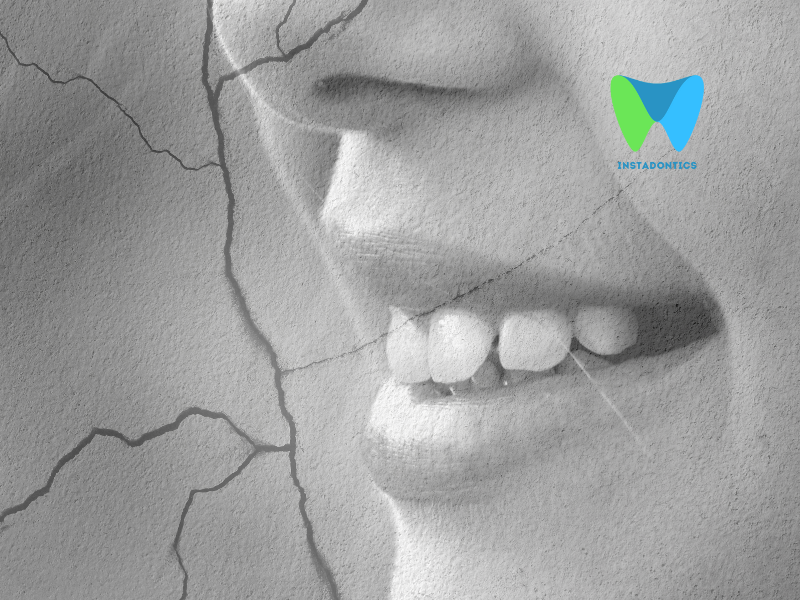How Smoking Affects Gums | When it comes to the impact of smoking on health, most people are aware of the severe risks associated with lung cancer, heart disease, and respiratory issues. However, one area that often receives less attention is oral health, particularly gum health. The effects of smoking on the gums can be profound and long-lasting, leading to a range of dental issues that can significantly affect an individual’s quality of life. In this blog post, we’ll explore how smoking affects gum health, and trust us—number 5 will shock you!
How Smoking Affects Gum
1. Increased Risk of Gum Disease
One of the most significant impacts of smoking on gum health is the increased risk of gum disease, also known as periodontal disease. Smoking weakens the immune system, making it harder for the body to fight off infections, including those that affect the gums. Smokers are more likely to develop gingivitis, the early stage of gum disease, which can progress to more severe forms if left untreated. Studies show that smokers are up to three times more likely to develop gum disease than non-smokers.
2. Reduced Blood Flow to the Gums
Smoking constricts blood vessels, reducing blood flow to the gums. This is problematic because healthy gums rely on a robust blood supply to maintain their health and fight infections. When blood flow is compromised, the gums become more susceptible to disease, and healing from injuries or dental procedures is significantly delayed. This reduced circulation also contributes to the chronic inflammation often seen in smokers’ gums.
3. Changes in Oral Microbiome
The oral microbiome is a complex community of bacteria that plays a crucial role in maintaining oral health. Smoking can alter the composition of this microbiome, favoring harmful bacteria that contribute to gum disease. Research indicates that smokers have a higher prevalence of pathogenic bacteria in their mouths compared to non-smokers. This imbalance can lead to increased plaque buildup, inflammation, and ultimately, gum disease.
4. Increased Plaque and Tartar Buildup
Another way how smoking affects sums is build-up. Smokers often experience higher levels of dental plaque and tartar buildup on their teeth. The chemicals in tobacco can create an environment that promotes plaque accumulation, making it more difficult to maintain good oral hygiene. This excess plaque can irritate the gums, leading to inflammation and, if not addressed, the progression of gum disease. Regular dental cleanings become even more critical for smokers to manage this increased risk.
How Smoking Affects Gums: 7 Shocking Effects | The Impact of Vaping on Oral Health: What You Need to Know
5. Delayed Healing After Dental Procedures
Most patients who undergo procedures are often unaware of this key fact. For smokers, healing after dental procedures—such as tooth extractions, implants, or gum surgery—can be significantly delayed. The reduced blood flow and compromised immune response associated with smoking hinder the body’s natural healing processes. This can lead to complications, prolonged discomfort, and a higher likelihood of infections post-procedure. Dentists often advise patients to quit smoking before undergoing any dental surgery to promote better healing outcomes.
6. Bad Breath and Stained Teeth
While not directly related to gum health, the cosmetic effects of smoking can have a profound impact on an individual’s oral health. Smokers often experience chronic bad breath, also known as halitosis, due to the presence of tobacco and the changes it brings to the oral environment. Additionally, smoking can lead to stained teeth, which not only affects appearance but can also contribute to feelings of self-consciousness and lower self-esteem. This can create a cycle where individuals may neglect their oral hygiene due to embarrassment.
Related: How to Treat and Prevent Bad Breath
7. Shocking Connection to Oral Cancer
Now, here’s the shocking part: smoking is a leading cause of oral cancer, and the effects on gum health can be a precursor to more severe conditions. The carcinogenic substances in tobacco can lead to changes in the oral tissues, making them more susceptible to cancerous changes. Smokers are significantly more likely to develop cancers of the mouth, throat, and esophagus.
Early signs of oral cancer can manifest as persistent gum issues, such as sores that do not heal or unusual lumps in the mouth. Recognizing these signs early is crucial for effective treatment, making regular dental check-ups even more important for smokers. The impact of smoking on gum health is profound and multifaceted. From increasing the risk of gum disease and altering the oral microbiome to delaying healing and contributing to oral cancer, the consequences are far-reaching. If you or someone you know is a smoker, it’s essential to understand these risks and consider seeking help to quit.
Quitting smoking can lead to significant improvements in oral health, including healthier gums and a reduced risk of dental issues. The journey may be challenging, but the benefits to both overall and oral health are well worth the effort. By prioritizing gum health and taking proactive steps, individuals can enjoy a healthier smile and a better quality of life.



